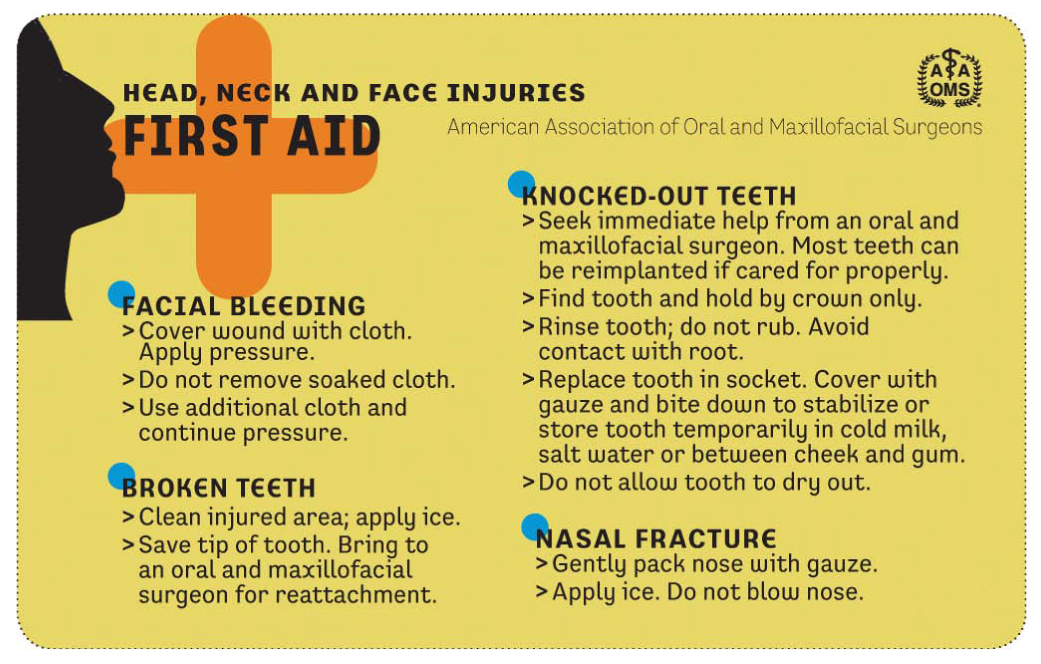Root Canal vs. Tooth Extraction
A root canal can help to save a severely damaged tooth by removing the pulp material so that it cannot become infected or to eliminate an active infection. However, for a number of reasons, root canals may not be feasible in all cases. When a root canal is not appropriate, the patient likely will need to undergo a tooth extraction on the damaged tooth. Although it’s preferable to keep a biological tooth whenever possible, when tooth extraction is unavoidable, it’s important for patients to begin thinking about a replacement tooth as soon as possible. Delaying this aspect of treatment may limit your options in terms of interventions. Patients who desire a structurally complete replacement tooth should consult with an oral surgeon about dental implants. These devices are small titanium cylinders that are biocompatible. That is, the bone material in the jaw is capable of forming a permanent bond with the…
Details
